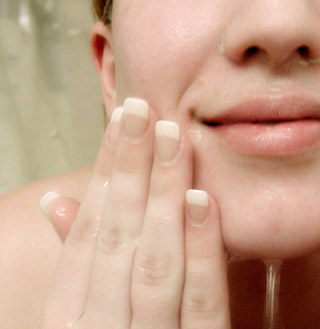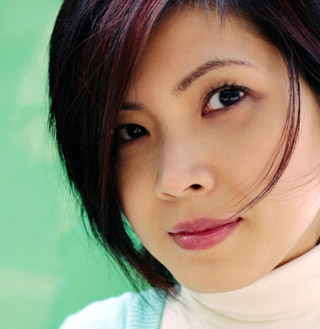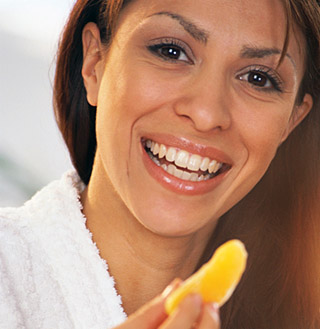acne vulgaris (cont.)
treatment
There are many products sold for the treatment of acne, many of them without any scientifically-proven effects. Generally speaking, successful treatments give little improvement within the first week or two and then the acne decreases over approximately three months, after which the improvement starts to flatten out. Treatments that promise improvements within 2 weeks are likely to be largely disappointing.
Modes of improvement are not necessarily fully understood, but in general, treatments are believed to work in at least 4 different ways (with many of the best treatments providing multiple simultaneous effects):
- normalising shedding into the pore to prevent blockage
- killing bacteria
- anti-inflammatory effects
- hormonal manipulation
A combination of treatments can greatly reduce the amount and severity of acne in many cases. Those treatments that are most effective tend to have greater potential for side effects and need a greater degree of monitoring, so a step-wise approach is often taken. Many people consult with doctors when deciding which treatments to use, especially when considering using any treatments in combination. Here are some of the treatments that have been proven effective:
Skin exfoliation: This can be done either mechanically, using an abrasive cloth or a liquid scrub, or chemically. Common chemical exfoliating agents include salicylic acid and glycolic acid, which encourage the peeling of the top layer of skin to prevent a build-up of dead skin cells which combine with skin oil to block pores. It also helps to unblock already clogged pores.
Topical bactericidals: Widely available over-the-counter bactericidal products containing Benzoyl peroxide may be used in mild to moderate acne. The gel or cream containing benzoyl peroxide is rubbed, twice daily, into the pores over the affected region and primarily prevents new lesions by killing the acne bacteria. Overuse may cause dryness, local irritation and redness.
Oral antibiotics: These include erythromycin or one of the tetracycline antibiotics (tetracycline, the better absorbed oxytetracycline, or one of the once daily doxycycline, minocycline or lymecycline). Effectiveness seems to be limited and acne will generally reappear quite soon after the end of treatment with oral antibiotics.
Hormonal treatments: Where there is medical evidence of a hormonal imbalance in women, hormonal agents may be used to treat severe acne. Diane-35, which is a combination of two types of hormones - estrogen and progestogen - seems to be particularly effective at reducing androgenic hormone levels. Alesse and Tri-Cyclen are two oral contraceptive pills that are also approved for the treatment of moderate acne. This class of medications should not be taken if you are pregnant or if pregnancy is suspected. Cigarette smoking also increases the risk of serious adverse effects on the heart and blood vessels from oral contraceptive use.
Oral Retinoids: These are taken daily over a period of 4-6 months and are usually vitamin A derivatives like isotretinoin (marketed as Accutane, Sotret, Claravis). It is believed that isotretinoin works primarily by reducing the secretion of oils from the glands, however some studies suggest that it affect other acne-related factors as well. Isotretinoin has been shown to be very effective in treating severe acne and can either improve or clear well over 80% of patients. The drug has a much longer effect than anti-bacterial treatments and will often cure acne for good. However, the treatment requires close medical supervision by a dermatologist because the drug has many known side effects, many of which can be severe.
Topical Retinoids: These include tretinoin (brand name Retin-A), adapalene (brand name Differin) and tazarotene (brand name Tazorac). Like isotretinoin, they are related to vitamin A, but they are administered as topicals and generally have much milder side effects. They can, however, cause significant irritation of the skin. The retinoids appear to influence the cell creation and death lifecycle of cells in the follicle lining.
more information
Acne.com (Proactiv Solution)Teens Health (Acne)
Acne Information


